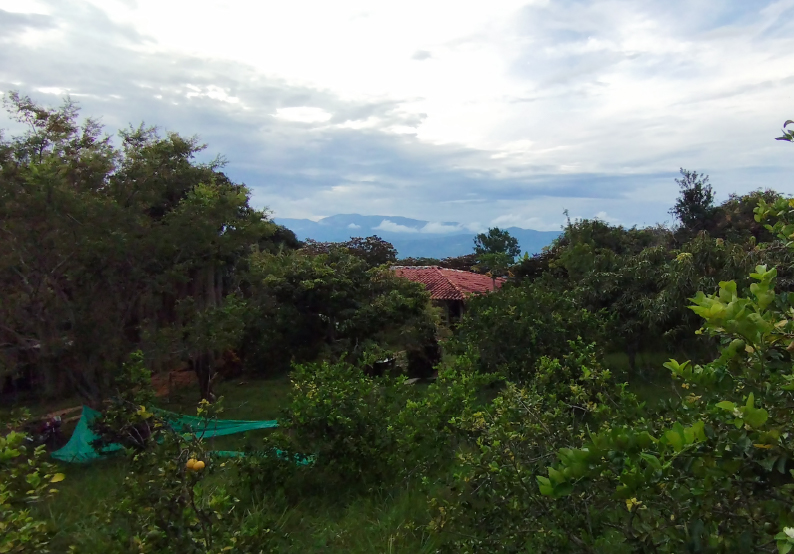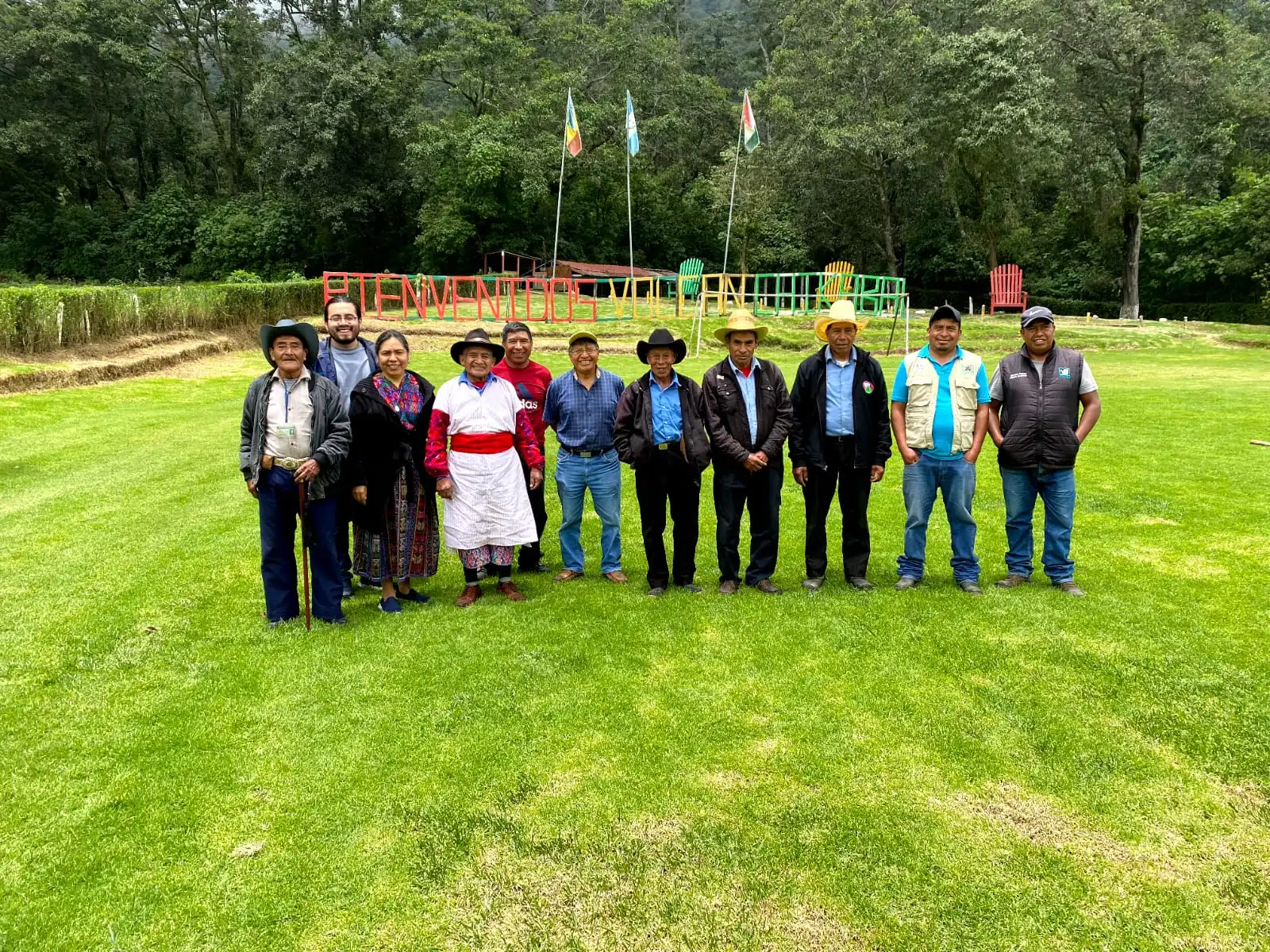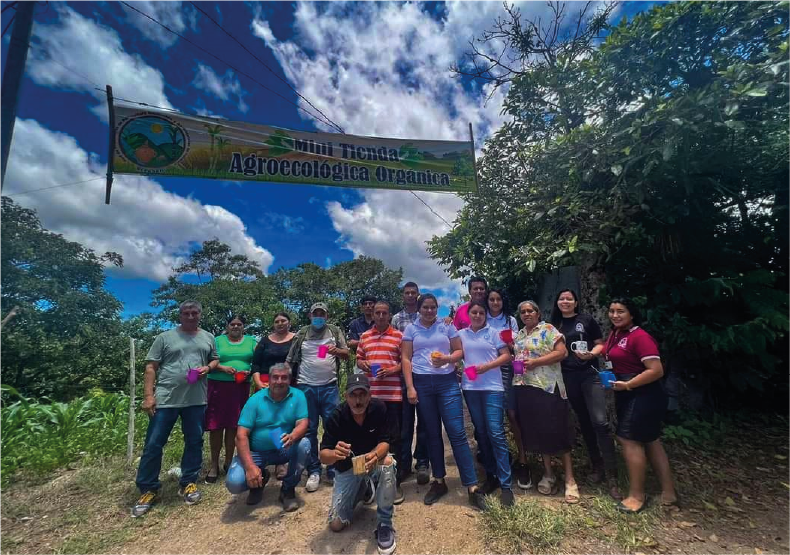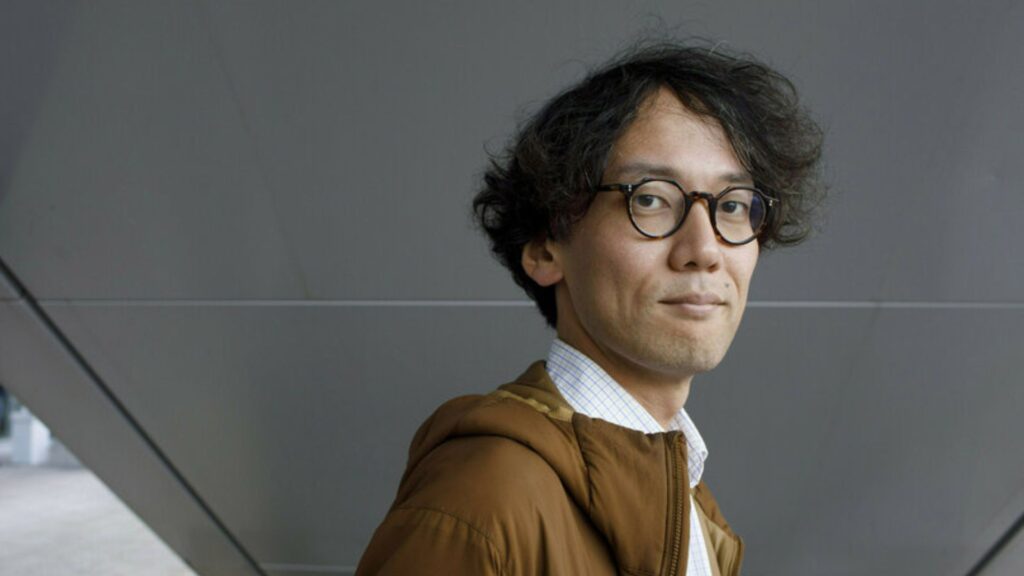
We cannot tolerate further growth
In mid-March, scholars will meet at the German Research Foundation’s Hamburg Center for the Future of Sustainability to discuss state planning and post-growth. During the lecture by Japanese philosopher Kohei Saito, a certain gloom descends upon the discussion. Saito asks how economics and emancipation might be conceived in the face of climate collapse. He thus echoes the ideas from his highly successful volume “Systemsturz: Der Sieg der Natur über den Kapitalismus” (DTV, 2023).
taz: Mr. Saito, five years ago, you saw degrowth Marxism on the horizon: a shift toward a society that operates in harmony with the Earth’s scarce natural resources – and yet still has enough for everyone. You just mused in a lecture that the future will, at best, be headed for a war economy. What has changed?
Saito: My book “Systemsturz” was published in Japan in 2020. At that time, there was a global climate justice movement. I was excited that we humans could perhaps learn and build a new world together. With the pandemic, conflicts intensified.
The world is much more divided, with rich countries monopolizing vaccines and continuing to exploit natural resources. Today, we have a deeper divide between the global North and the global South, and we must acknowledge that we have essentially missed our last chance. We are heading toward an ever-increasing, global crisis.
Born in 1987, he works as an Associate Professor of Philosophy at the University of Tokyo, specializing in ecology, growth critique, and political economy. His book, “Systemsturz, ” has sold more than 500,000 copies in Japan. He received his doctorate from Humboldt University in Berlin in 2016.
taz: And now?
Saito: I still believe degrowth is necessary . It’s a biophysical fact that our resources are finite, our world is limited. The capitalist path of continuous growth and accumulation is incompatible with this. We cannot tolerate further growth.
However, the feedback I received on “Systemsturz” made it clear to me that I hadn’t paid enough attention to the role of the state. I’m now working on that. It’s necessary to revive the concept of war communism, which the Swedish Marxist Andreas Malm also elaborates upon.
The point here is not to focus on Soviet dimensions, but rather to emphasize the importance of the state as a planning mechanism for transformation. The term “war economy” sounds martial, but at its core, it is a form of organization.
taz: The state should switch to a war economy?
Saito: Climate collapse forces us to abandon what is considered “business as usual.” If we simply continue as usual, it will mean less freedom and more chaos. Growth is not a viable scenario.
taz: What would the role of the state look like?
Saito: It complements the grassroots movements I described in “System Overthrow.” A top-down transformation: planning, organization, cooperation with commercial enterprises, quotas, and a focus on essential goods. Private enterprises will continue to exist, and the state must provide vital goods and services.
We’re talking about universal basic services and infrastructure. To supplement certain goods and services, the government can conduct indicative planning: subsidize or instruct companies to produce more electric vehicles and solar panels.
taz: That sounds like less freedom.
Saito: It’s more about redefining freedom. We have to start with climate collapse. Then we will lose the kind of freedom we take for granted today in capitalism. One of the central concepts of degrowth points to a different kind of freedom: It’s not about consuming more and producing more. That’s not a model of freedom, nor is it one of emancipation.
It seems to me that a radical reconception of freedom is the first prerequisite for transformation. And that’s what we need: a shift away from the maximization of capital accumulation and toward a system that chooses something that is otherwise marginalized in capitalism. It could be leisure, care, nature, or community.
We must move toward a form of self-sufficiency that creates more room for maneuver within planetary boundaries. And that doesn’t mean negating our ability to make decisions. I see the moment of freedom in the choice between what is necessary and what is unnecessary.
taz: In the sense of Friedrich Engels’ “Freedom as insight into necessity”?
Saito: Following only subjective inclinations today simply means legitimizing more consumption. We can buy new things. It’s fun. That’s a form of freedom, of course. But it has no future. Or perhaps one that ends in barbarism. So if we have to plan, restrict, and regulate, that all sounds very much like an authoritarian denial of freedom.
But there are enough examples in history from eras from which we learn that regulation and limitation were considered freedom. And not following one’s animal instincts. If one recognizes this more philosophical definition of freedom in the tradition of the Enlightenment, one actually doesn’t have to be so afraid of limitation and regulation.
taz: Today, many people fear for their standard of living, are afraid of losing their jobs and their homes. This leads many of them to vote for right-wing, authoritarian parties.
Saito: For the majority of people, the continuation of today’s capitalism means the loss of housing and jobs—there will be fewer of all the good things that people enjoy. Now, many people misjudge the problem and its cause. They believe that we have more insecurity and poverty because of lower growth.
But in reality, we are experiencing more uncertainty, more losses, and more instability because of today’s capitalism. Because it opens housing to financial speculation, threatens jobs, and creates shortages.
taz: How should this change?
Saito: The next pandemic could be more permanent. We’ll experience more natural disasters and have less water. Food and energy prices will rise, as will inflation. This means we’ll be able to consume less. This creates opportunities. People will realize that we need to abandon consumerism. This could change our lives and have a positive impact on our health. For example, because we currently eat too much meat and fast food.
However, without regulation, the super-rich, in particular, will simply continue. This would trigger feelings of injustice and a disproportionate burden sharing of the ravages of climate change, fueling further frustration. Ultra-right parties would benefit. A delicate prospect.
taz: The scenario of a war economy doesn’t exactly give us a sigh of relief…
Saito: The terminology is problematic, I’m aware of that. I’m currently researching the systematic foundations. Essentially, I’m interested in recognizing that capitalism creates scarcity, and deceleration creates more security. And transformation won’t work with collectives and grassroots groups alone. It would be important for the state to regulate housing, food, and mobility as essential, decommercialized common goods.
It can only do so if it is forced to do so by political pressure. We must recognize that the interests of capital do not necessarily coincide with the interests of the majority of people. What I would like to make clear as a first step is something very simple: Capitalism is a fundamental problem, not degrowth.
taz: Why has degrowth not been adopted so far?
Saito: In a society that systemically requires constant growth, it’s almost impossible to successfully spread degrowth ideas. I estimate that ten percent of people see that constant growth can no longer work. But many more would say: Growth isn’t the problem, distribution is. They believe that if there were growth and better distribution, we would be fine.
taz: Distribution issues focus on concrete social problems that can apparently be addressed directly…
Saito: When you consider ecology, things become considerably more complicated. I used to support the Green New Deal because I thought it was possible that a kind of welfare state could implement better green policies, thus enabling more jobs, greater security, and overall decarbonization.
Ecological issues are much more complicated. We know that green capitalism won’t decouple emissions from gross domestic product growth fast enough. And everyone must see that excessive consumption in the global North is the problem. The difficulty with green capitalism obviously lies in the fact that it’s simply not attractive to tell people, “Don’t eat too much meat, don’t fly too much.”
taz: How can a new behavior, a turn towards nature, leisure and community, emerge?
Saito: It only works through collaboration: First, we need to build communities, a civil society, and network at the local level. There, people can sense and experience that goods and money aren’t everything. There, they can find ways to live differently by building a sense of stability and solidarity with people they like, who share the same values. And develop new values.
Without this bottom-up movement, a top-down movement is simply impossible. But it’s also necessary. Given the growing climate emergency, a completely different form of economic activity will quickly have to emerge. This is where the state comes into play.

We cannot tolerate further growth
Instagram Icon-facebook Youtube Producción y alimentación Entrevista de Lennart Laberenz, publicado en taz In mid-March, scholars will meet at the German Research Foundation’s Hamburg Center
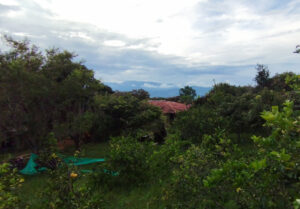
Art 59. Voces del campo
Instagram Icon-facebook Youtube Producción y alimentación por Jorge Krekeler y Javier Jaramillo El Común es una organización campesina que promueve la agricultura sostenible y el
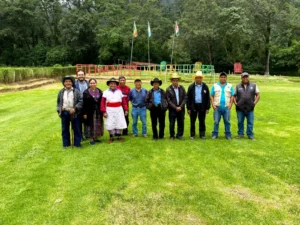
Art 58. Saving the future
Instagram Icon-facebook Youtube Producción y alimentación por Jorge Krekeler In San Martín Sacatepéquez, Quetzaltenango, Guatemala, local communities are redefining their future. At the foot of





